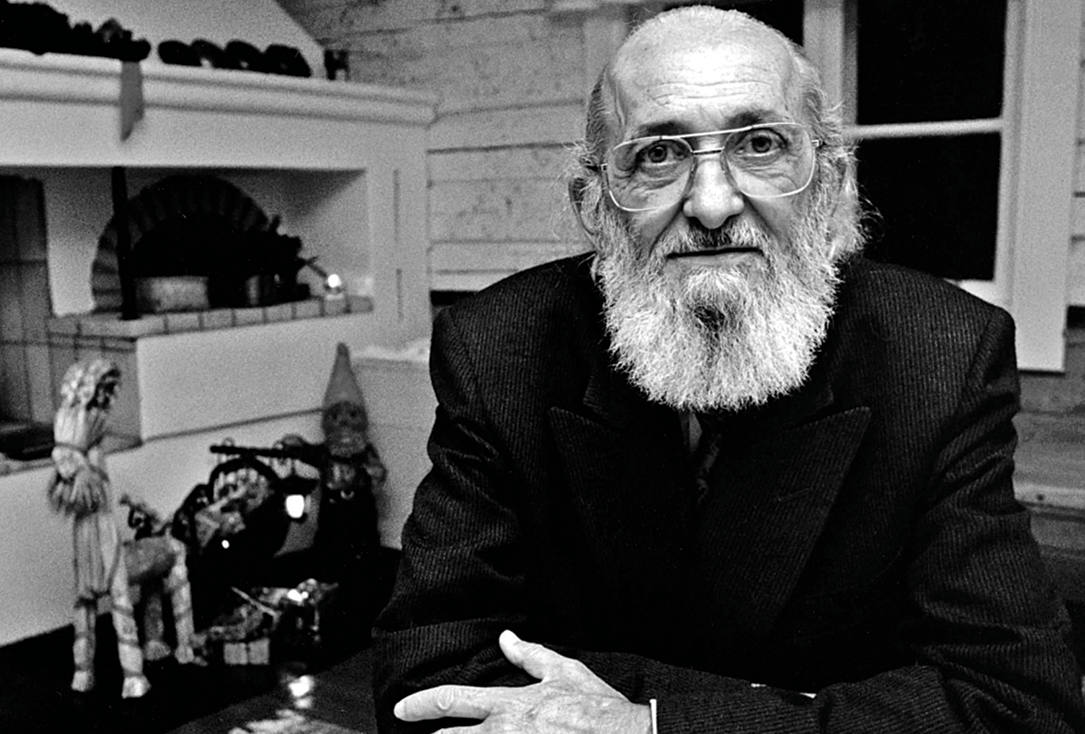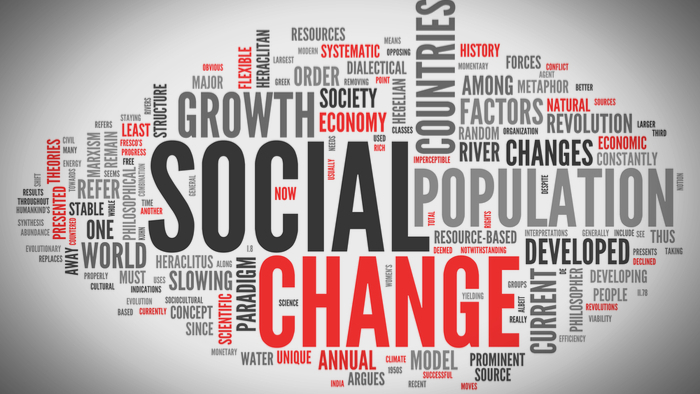CRITICAL PEDAGOGY
Critical Pedagogy? What is it?
Quite simply, adopting a critical pedagogy is questioning one’s own position and power in relation to teaching and learning. Critical pedagogy is a philosophy of education and social movement that developed and applied concepts from critical theory and related traditions to the field of education and the study of culture. It insists that issues of social justice and democracy are not distinct from acts of teaching and learning.

One question we return to in class is the sustainability of individual and corporate giving models that seek to address social change.
To what extent are we funding projects that address the symptoms of social inequity, rather than dismantling the social inequity?
Freire, for example, discusses the idea of “false generosity“:
False generosity is charity targeting the symptoms of an unjust society. Examples include donating to shelters for the homeless or creating a foundation to eradicate poverty. These actions are considered to be examples of false generosity because, by addressing symptoms rather than underlying causes, it functions to maintain oppression.
Does that mean we simply do nothing then?
We don’t think so. But we DO think that these measures control the imagination of what it means to work towards social change. What examples of funding models that seek to pilot interventions AND work towards large-scale structural change do you like?

CAN WE BETTER ADVANCE SOCIAL CHANGE WITHIN THE FIELD OF PSYCHOLOGY?
But can we really be agents of change? Short answer: YES!
But HOW?
See some EXAMPLES we’ve been discussing below!

Throughout the semester, we have grappled with the question of how to “flip the hierarchy” (see image above, designed by Kyle Lorenzo) by shifting the paradigm in higher ed – how are our current graduate programs, theoretical frameworks, and professional norms reproducing (or challenging) the status quo?
Solutions, you ask? First, we agree that there is no “one” solution! Second, if you’re interested in learning how we are envisioning interventions for change, visit our critical awareness campaign page AND visit our virtual pitch session to hear about our students’ strategies for educating future psychologists + decolonizing psychological science.
Finally, this effort is the culmination of a semester of brainstorming and a collective imagining of how to “turn the analytic lens” (Adams & Salter, 2007) in a way that advances and improves the field of study.
Note: The ideas presented here are not intended to be definitive, nor are they necessarily representative of Fordham University.
Positionality Statements
Research reveals that psychology has a whiteness problem. To be fair, many disciplines actually suffer from this problem. One way to highlight invisible hierarchies (like those in academic publishing models) is to write positionality statements.
While feminist + qualitative research has long championed the utility of reflexivity, the concept of evaluating one’s position as a researcher may be new to some audiences. What do you think about positionality statements? Have you written one? Should they be required?
Increasing Empathy
“Yes, but how do we get people to care about equity??” – Jill Fowle
We’re still wondering, Jill! But as we discussed in class, perhaps tech can be leveraged for good? Can we authentically cultivate empathy by walking a day in someone else’s shoes? These two researchers think so!
Flipping the Hierarchy
Can we study social hierarchies without reproducing the WEIRDest people in the world? How much of what we “know” is actually representative of the global population? Also, how can we increase responsible intersectional research with historically oppressed groups?
Ok, so what’s next?